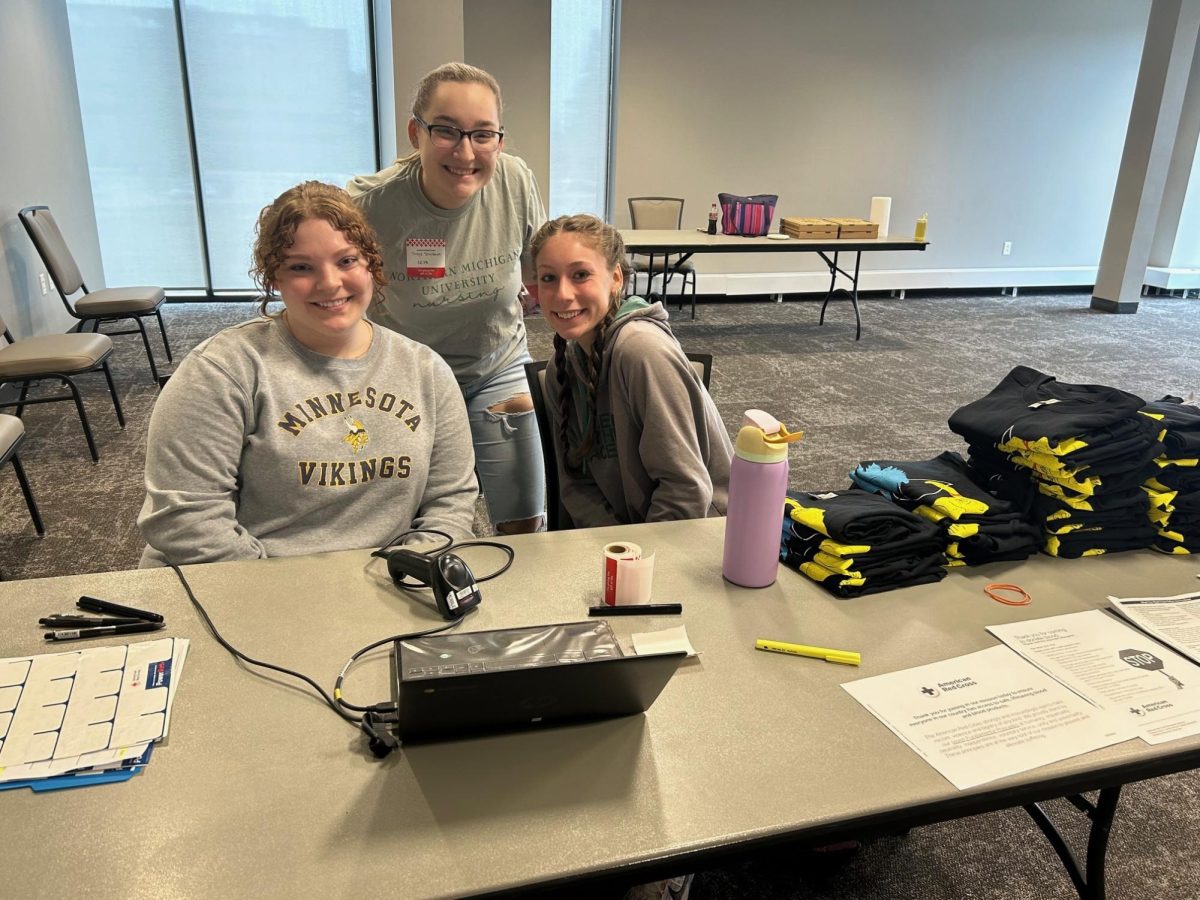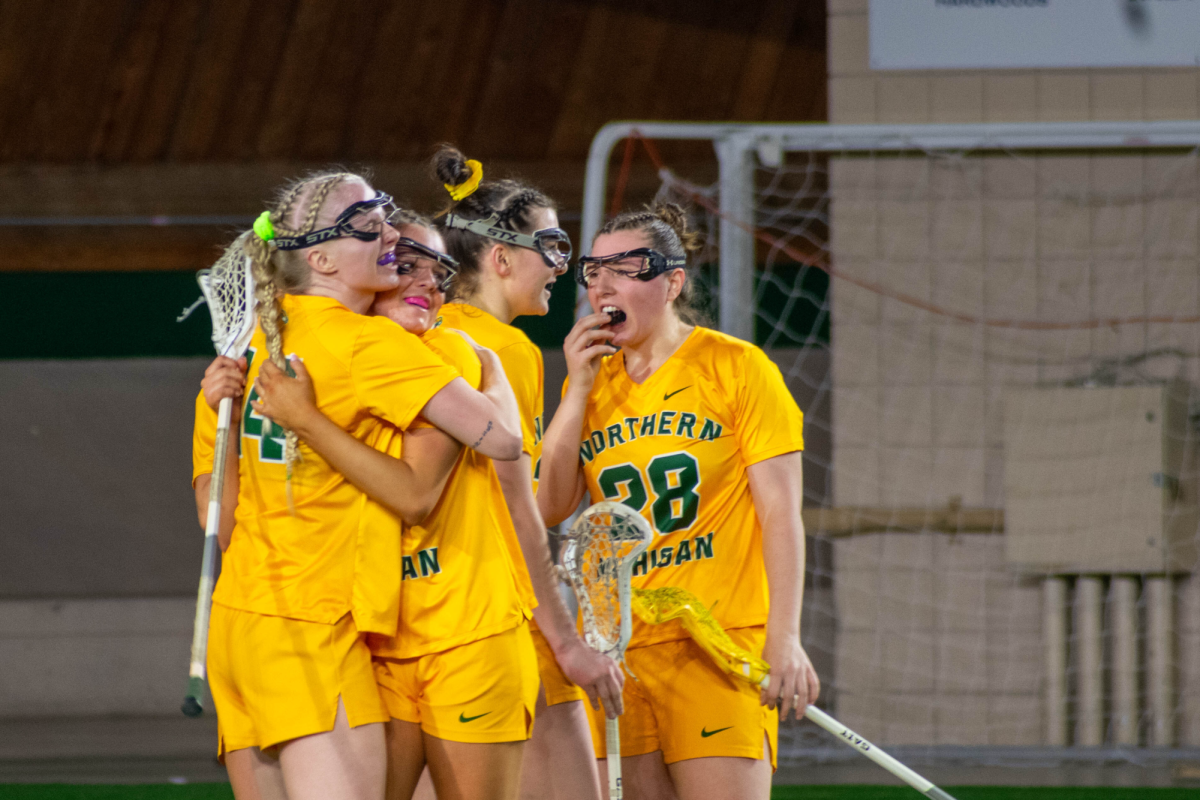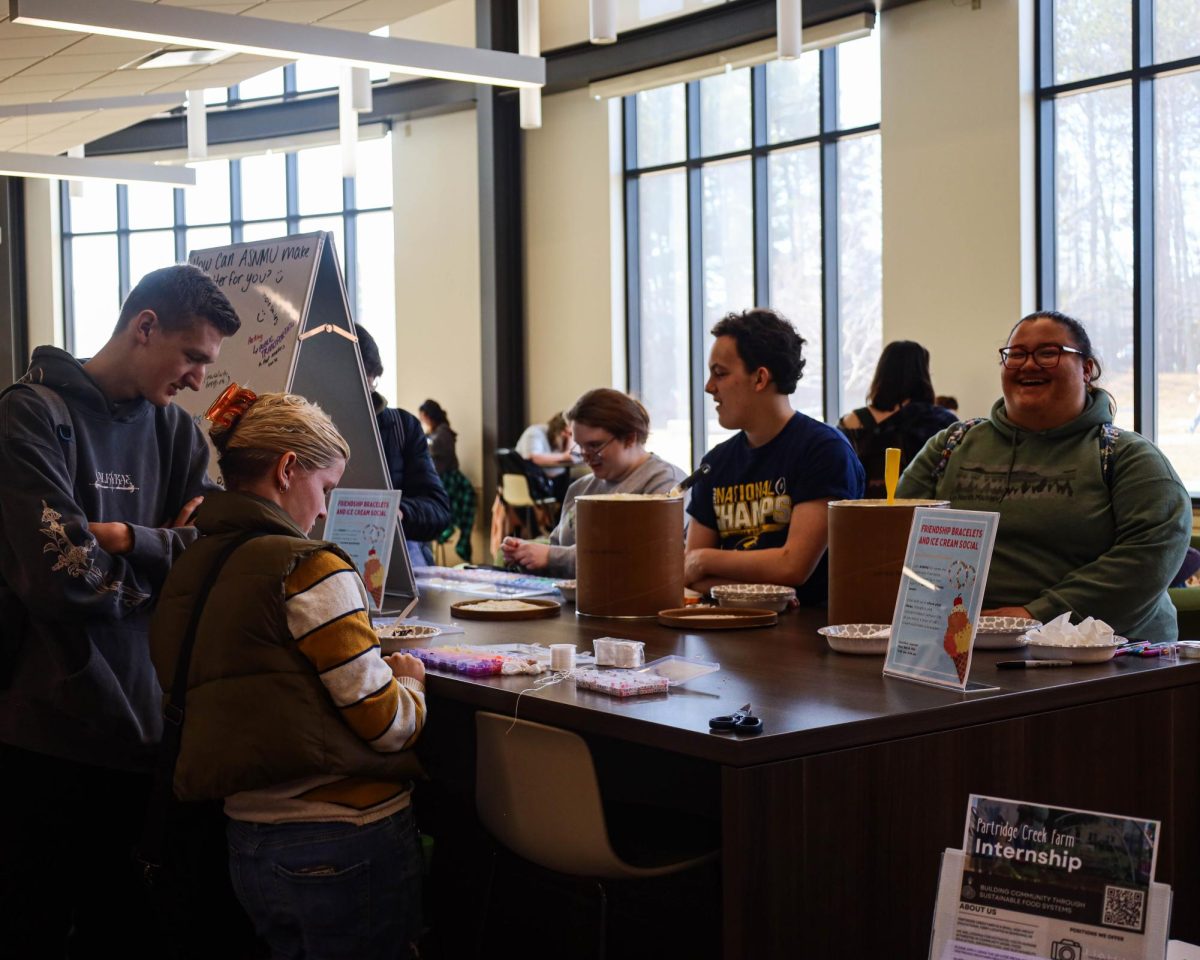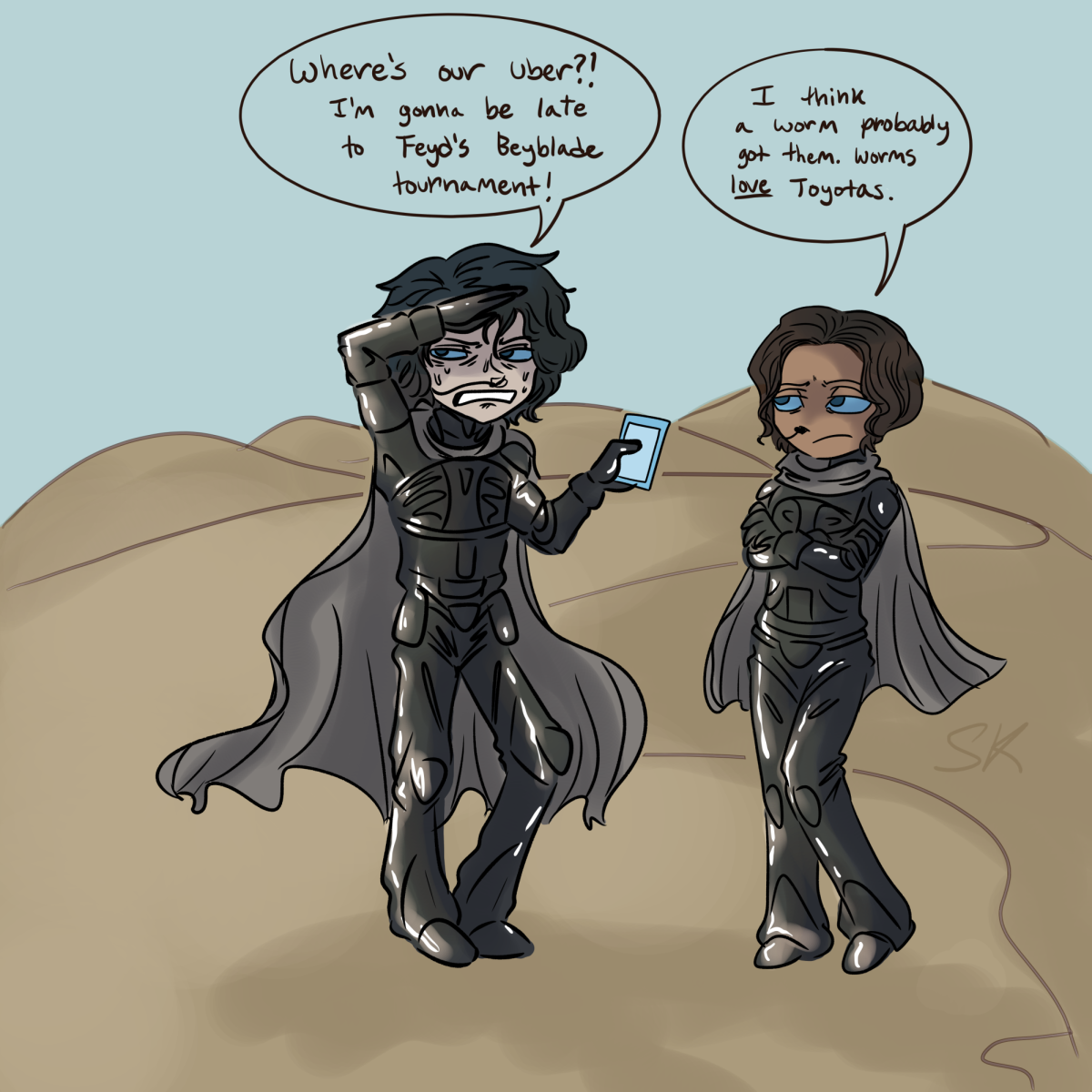The U.S. Army’s targeting of NMU’s Reserve Officer’s Training Corps program — along with 12 other programs nationwide that will close at the end of the 2014-15 school year — is an attack on a program that, while not producing large amounts of commissioned officers, has shown notable improvements in recruitment efforts and commissioned officers over the past five years.
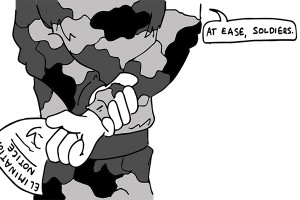
According to Army officials, universities with ROTC programs are expected to produce 15 officers each year. Not only has NMU commissioned 13 officers this year, that number has risen from just five in 2009. However, one of the few reasons Army officials gave for the surprise elimination of 13 ROTC programs nationwide was that the “programs being closed were producing far fewer (than 15 officers per year) and showed little prospect for growth,” as reported by the Wall Street Journal on Friday, Oct. 4.
What isn’t as widely known, however, was that four of NMU’s 13 officers commissioned in 2013 were assessed as ‘excellent’ at the Leader Development and Assessment Course (LDAC) in Ft. Lewis, Wash. Furthermore, three of those four cadets were ranked as top-3 in their platoons at the LDAC training. If this isn’t indicative of the quality of NMU’s ROTC program, it’d be hard to find what is.
According to the aforementioned report by the Wall Street Journal, the schools that seem to be targeted for ROTC program elimination are also primarily rural universities, which are to be cut to make way for ROTC programs at larger, more metropolitan universities. It seems the Army’s nearly $275 million in annual scholarships for ROTC members — which covers tuition and other costs associated with higher education for students who are enrolled in the ROTC — could be distributed more effectively to make cuts unnecessary. Rather than entirely eliminating programs in rural schools like NMU — which is one of the least expensive universities to host an ROTC program, and which relies on the ROTC program for both enrollment and prestige — wouldn’t it make sense to make small financial trimmings at all ROTC universities to accommodate the preservation of 13 that maybe aren’t producing as many officers as, say, a New York City university ROTC program would?
The ROTC has provided opportunities for the nearly 400 students who have graduated from the program since its inception 44 years ago, and continues to provide 65 currently enrolled students with leadership training and tuition assistance. Army officials need to realize the importance of these programs in rural areas such as the Upper Peninsula, where the wilderness may be plentiful, but relevant career training and opportunities are not.





